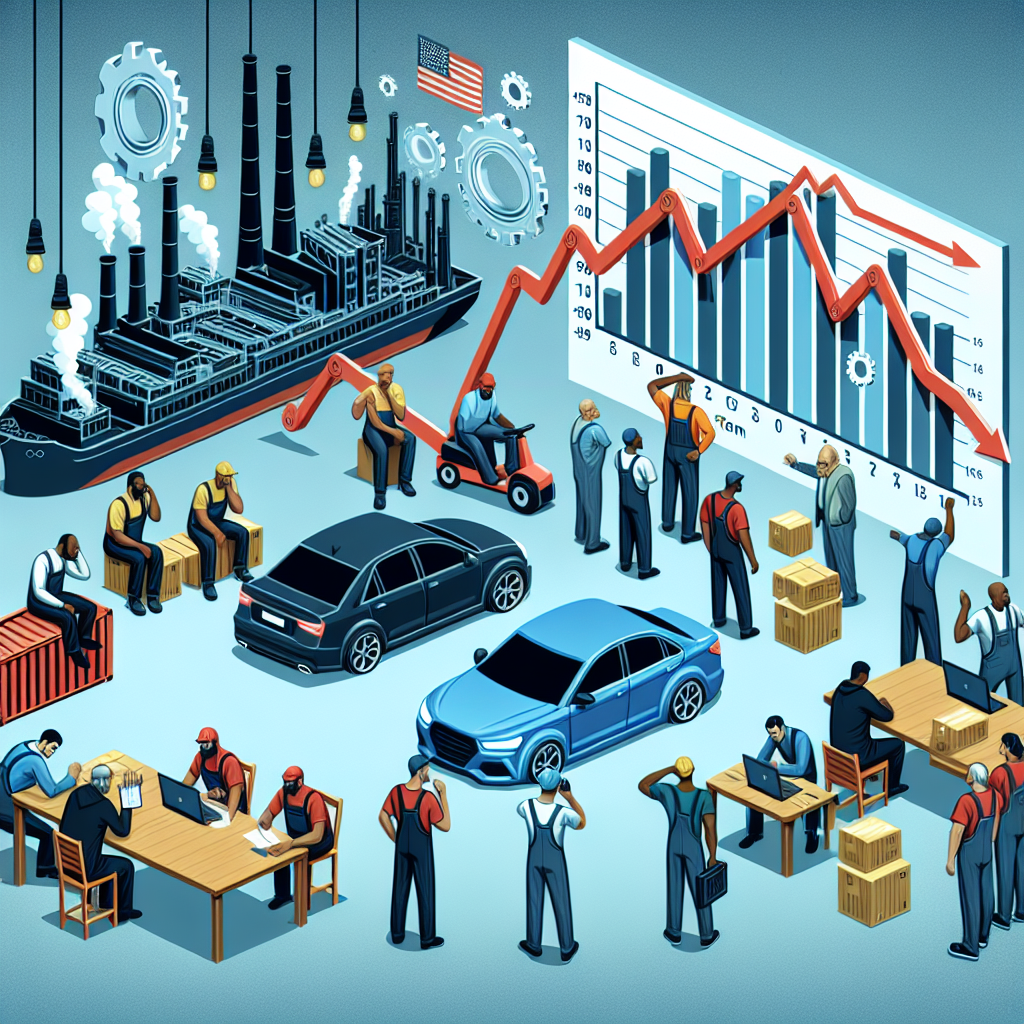US Auto Industry at Risk Amid Trump’s Trade Conflicts
US Auto Industry at Risk Amid Trump’s Trade Conflicts
Introduction
The US auto industry faces significant challenges due to trade conflicts initiated by former President Donald Trump. These disputes have created uncertainty and potential financial strain on the sector, which is a crucial component of the American economy.
Key Issues
- Tariffs and Trade Barriers: The imposition of tariffs on steel and aluminum has increased production costs for automakers, affecting their competitiveness.
- Supply Chain Disruptions: Trade tensions have disrupted global supply chains, leading to delays and increased costs for parts and materials.
- Market Uncertainty: Ongoing trade negotiations and potential retaliatory measures from other countries have created an unpredictable market environment.
Impact on the Auto Industry
The trade conflicts have led to several adverse effects on the US auto industry:
- Increased Production Costs: Higher tariffs on raw materials have raised the cost of vehicle production, potentially leading to higher prices for consumers.
- Reduced Profit Margins: Automakers are experiencing squeezed profit margins as they struggle to absorb increased costs without passing them on to consumers.
- Investment Uncertainty: The unpredictability of trade policies has made it difficult for companies to plan long-term investments in the US market.
Industry Response
In response to these challenges, the auto industry is taking several measures:
- Lobbying Efforts: Automakers are actively lobbying the government to reconsider tariffs and seek more stable trade agreements.
- Cost-Cutting Measures: Companies are exploring ways to reduce costs, such as streamlining operations and seeking alternative suppliers.
- Strategic Alliances: Some automakers are forming alliances to share resources and mitigate the impact of trade conflicts.
Conclusion
The US auto industry is navigating a complex landscape shaped by trade conflicts initiated during Trump’s presidency. While the sector is employing various strategies to mitigate these challenges, the long-term impact remains uncertain. The industry’s ability to adapt and advocate for favorable trade policies will be crucial in maintaining its competitiveness and stability.






































